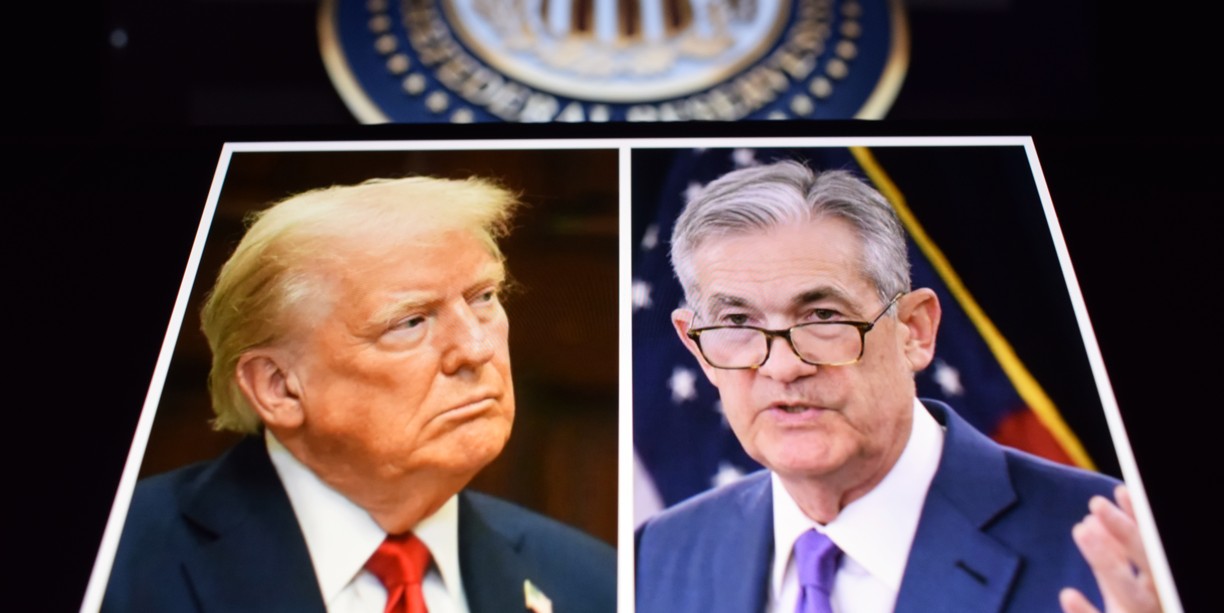A central bank digital currency (CBDC) is a digital currency issued by a central bank. It is important to distinguish between digital currency and a digital claim to a currency. Commercial banks offer digital claims to a currency in the form of checking account balances. A CBDC, in contrast, would be a digital currency, not a mere claim. In simple terms, the US dollar would be issued electronically.
CBDCs are not merely a matter of intellectual curiosity anymore. Several countries have already issued CBDCs. As William Luther has written, the White House looks to be moving towards issuing a CBDC at some point in the future, as well.
Launching a CBDC would imply a significant change in the financial market, and the everyday life of every individual. There are important trade-offs to consider, including issues related to financial privacy. Advocates of a cashless economy argue that eliminating cash would reduce tax evasion and illegal transactions. In plain English, the government will be able to see what you are doing with your money. Granting the state more powers to become an even bigger Big Brother is probably not a good idea.
Dollarized countries offer important insights for the CBDC discussion. Ecuador, El Salvador, and Panama are three dollarized countries in Latin America. Zimbabwe, which was dollarized from 2007 to 2017, is also an interesting case. Each one of these countries implemented dollarization, albeit somewhat differently in each case.
Dollarization is not a single monetary reform. It is a set of reforms, just like a chain is a set of links. Also like a chain, dollarization is as strong as its weakest link. Paying attention to the weakest link of monetary reform is an important lesson for the US, and any country considering launching a CBDC.
Dollarization is, first and foremost, an institutional reform. It can protect the public from the advances of a populist regime. A robust dollarization is designed to limit the damage by the government. Weak dollarization leaves the door open for government abuse. For example, El Salvador and Ecuador kept their central banks when dollarizing at the turn of the century. Panama, on the other hand, never had a central bank. Dollarization in Panama is more robust than in El Salvador and Ecuador as a consequence.
Consider Ecuador. It is estimated that between 2005 and 2017, Rafael Correa seized $5.8 million of reserves. The process was quite simple:
Step 1. Impose a new tax on foreign assets and mandate banks to transfer their foreign reserves to Ecuador’s central bank.
Step 2. Increase the banks’ reserve requirements.
Step 3. Instruct the central bank to purchase treasury bonds with those reserves.
Zimbabwe also illustrates how weak dollarization is easily undone. The country fully de-dollarized in 2017. The de-dollarization process was quick and followed a few simple steps.
Step 1. Impose capital controls.
Step 2. Issue a new currency, the RTGS (real-time gross settlement) dollar.
Step 3. Force the conversion of US dollars to RTGS at a 1-to-1 conversion rate.
In El Salvador, President Bukele is trying to sidestep dollarization by giving Bitcoin legal tender and “forced money” status. It remains to be seen whether he will follow similar steps to those of Ecuador and Zimbabwe, given that he has the central bank at his reach.
Weak dollarization reforms remind us of the dangers of a central bank. The government can use the central bank to seize deposits, or eliminate the privacy of consumers’ financial transactions. It is much more difficult for the government to do these things in Panama, which does not have a central bank.
A CBDC requires a central bank. It’s right there in the name! And a central bank can confiscate funds or reduce financial privacy. This should cause one to think twice before endorsing a CBDC.
There is a temptation to think that such abuses cannot happen in advanced economies like the United States. History tells a different story. On April 5, 1933, President Franklin D. Roosevelt signed Executive Order 6102, which made it illegal for US citizens (and foreigners on US soil) to hold monetary gold. Everyone was required to deliver their gold to the Federal Reserve by May 1. A violation of this Executive Order carried a fine of up to $10,000 (the equivalent of roughly $209,000 today), up to ten years in prison, or both. Confiscations are not limited to Latin American banana republics. They can happen, and have happened, in the US as well.
How much more could FDR have done had he had a CBDC? The risk of a CBDC goes beyond the serious issue of financial privacy. The government could levy fines on accounts that do not spend enough, if it wants to boost aggregate demand. It could limit buyers from purchasing more sugary drinks than is deemed appropriate. Or, as in the case of President Roosevelt’s executive order and weak dollarizations, it can confiscate its citizens’ wealth. No thanks!
















